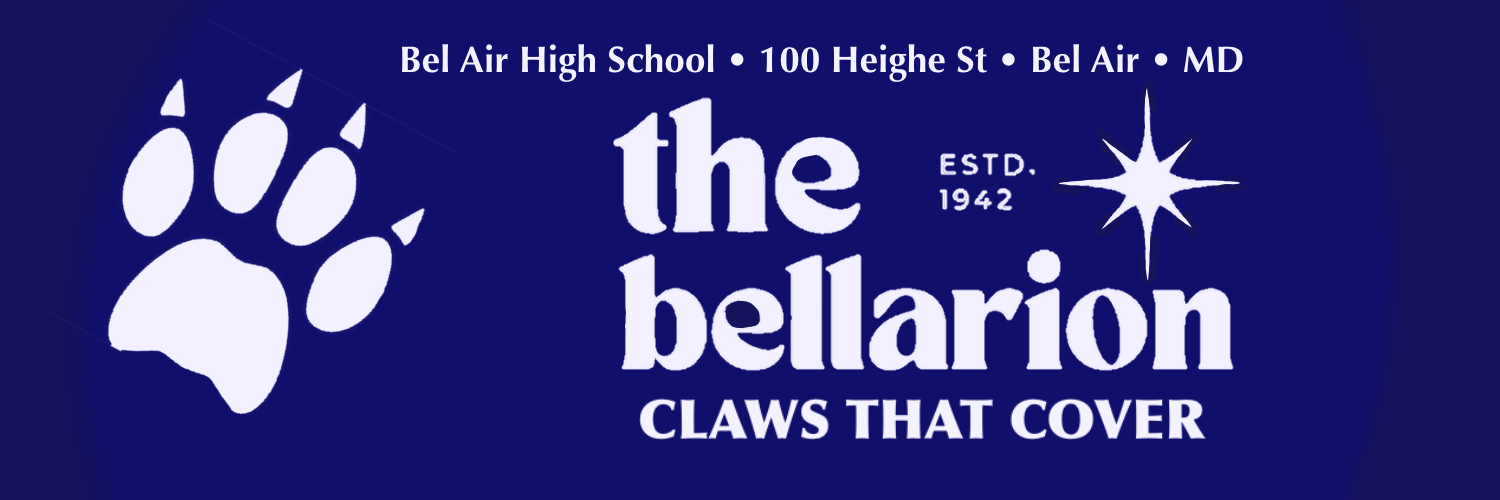Not Just a Joke
October 29, 2015
In light of the season of one of my least favorite holidays (I have to admit), someone needs to talk about costumes. And, gladly, many people have before. But there is somewhat of an impact that these problematic costumes have on the world, and I’m not just talking about the skimpy outfits that are being marketed to teenage girls. I’m talking about the outfits that deconstruct and poke fun at certain racial, sexual, gender identity, and more. The invalidation of the identities of marginalized groups is not isolated to Halloween. You might realize that you were being kind of racist that one Halloween you put on an Afro and made fried chicken jokes, but many others continue on ignorantly. This is not just through actions: it’s also through words.
All our lives, we’ve heard “sticks and stones may break my bones but words will never hurt me.” But perhaps in our “politically correct” generation, you’ve been warned about the dangers of being called mean words more than we’ve heard about the impacts of physical aggression. In preschool, I remember other students (and occasionally myself) being scolded about saying certain words to our fellow students. Some key words include “stupid,” “hate,” and “shut up.” As we grew older, these no-no words actually began to include curse words and slurs. When I was in 4th grade, I remember the word “retarded” being the word of note. My peers would throw it out in every situation. I did too, until I realized the repercussions the word would have on me and my family one fateful day.
My younger sister is autistic. At age 11, she is non-verbal and still mostly dependent. Because of this, she attends the 6th grade at John Archer School, right by Harford Community College in midtown Bel Air. John Archer School is the only public special needs school in Harford County. Because of their small student population spread out throughout the entire county, a lot of their students are transported to and from school in buses with about 5 students. Compare this to the 50-some students you might see on your school bus. Once, when I was in the 5th grade, I saw my sister’s bus intersecting my route home. Estimating by the amount of “retards” I heard and ablest gestures I witnessed, I’m taking a wild guess the rest of the bus noticed the intersecting vehicle as well. I eagerly snickered with the rest of the bus. It only really hit me how terrible we were being when I noticed my little sister sitting by the window and being specifically pointed out and giggled at. I cried when I got home because I felt so horrible.
In my English class last year, I wrote a speech on the micro-aggressions I face as a young black student living in modern American suburbia. For me, it was the easiest “A” of my life. I’ve never been one for public speaking (the part of the assignment that probably didn’t solidfy my grade) but if you feel so deeply about something, it’s not difficult to raise your voice and speak up about it. I didn’t want to write a persuasive speech because I assumed that everyone would be bored to death by whatever inane topic I chose. Yet after about 5 TED talks, I saw the impact words could really have. I realized that influential TED talkers like Chimananda Ngozi Adichie (her words were even lended to Beyonce’s “***Flawless”) often discussed their experiences with race and gender roles. I wanted to do something like that with my project, so I wrote about race in the form of stereotypes. It was hard dragging myself up there and talking about my identity while everyone else spoke about cars and out-of-state college. I hoped that my words had somewhat of an impact on my classmates.
On a walk around my neighborhood with my younger sister at the end of summer, a car of white kids bearing trash and tough words pulled over by us, tossed some garbage in our direction and called out a multitude of slurs. One of the words chosen was the n-word. I didn’t recognize them, but they could easily have been in my 10th grade English class that May, listening to our speeches and hearing me shake over the topic of anti-Blackness. Sticks and stones.
As I scroll through my social media feeds, I often do come across people, whether they’re fellow teens, adults, presidential candidates, all complaining that everything is too “PC” today. They aren’t exactly talking about our preference for the Microsoft operating system over Macs; PC is an acronym for the aforementioned politically correct. Individuals across the world mourn the loss of rationality in light of the rise of hypersensitivity due to the fact that we know think that some shouldn’t say words that may offend others. Even comics have claimed that the art of comedy is dead because transgressions have become somewhat of a no-no. What many of the protesters don’t understand is that sometimes words translate directly into experience. This isn’t just about me and as it seems, it’s far more than costumes. What we say or express to others shows who we truly are and what we stand for. What may be laugh for you and your friends could trigger a negative memory for someone else. Be aware.

